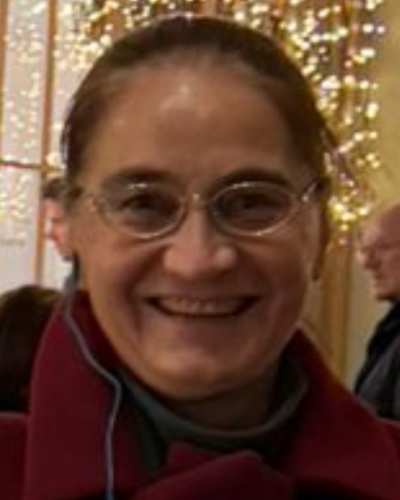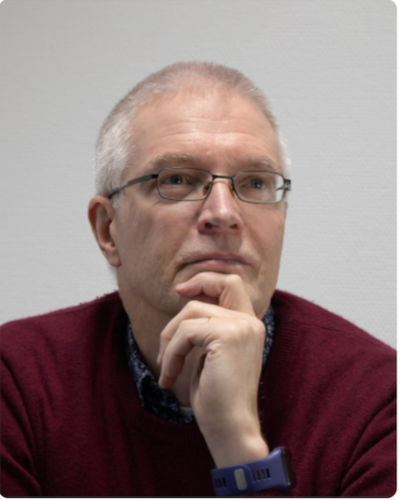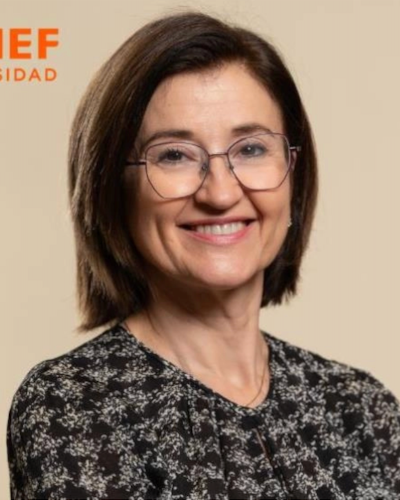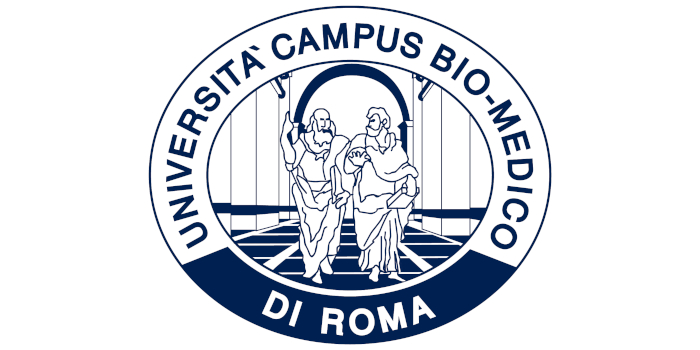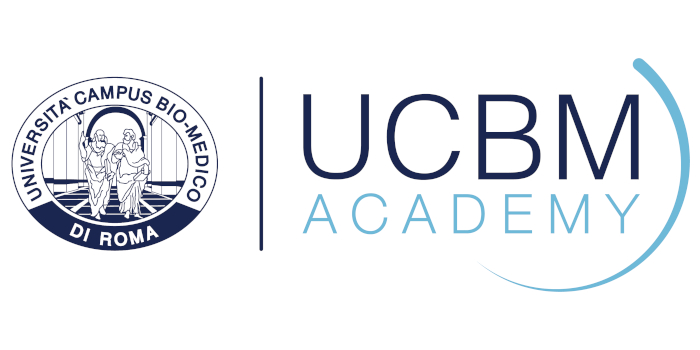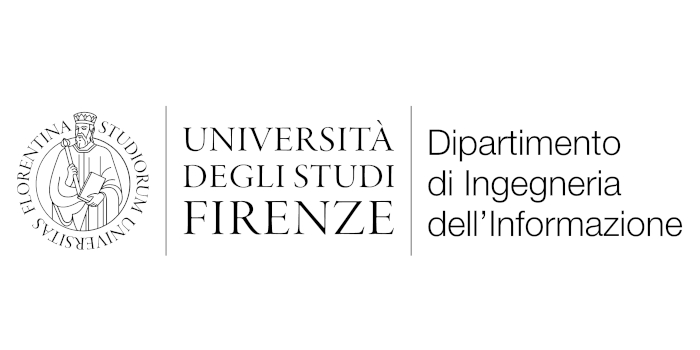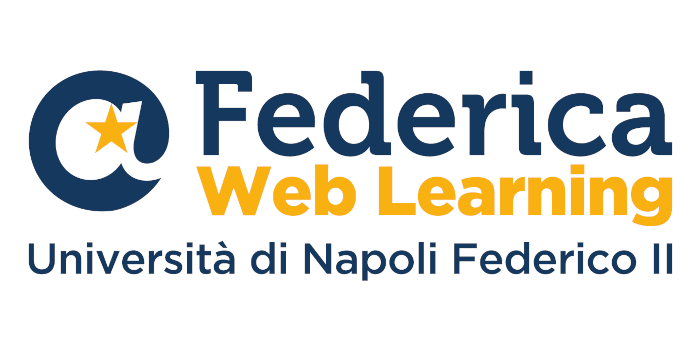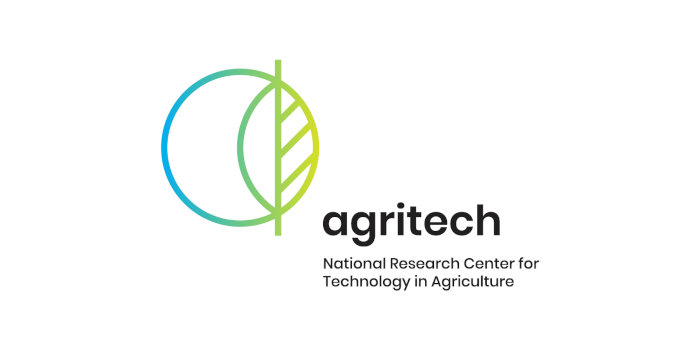SPECIAL SESSION #13
Innovations in Early detection and monitoring of neurological and psychological disorders
ORGANIZED BY
Milena Cukic Radenkovic
OST St. Gallen, Switzerland
Elzbieta Olejarczyk
Nałęcz Institute of Biocybernetics and Biomedical Engineering Polish Academy of Sciences
Tarmo Lipping
Tempere University of Technology
Victoria Lopez
CUNEF University, Madrid, Spain
SPECIAL SESSION DESCRIPTION
Many neurological and pyshiatric disorders are the consequence of years of disfunction in basic dynamic physiological processes, and they exhibit clinical signs when the disorder is already in advanced phase. Physiological complexity approach and novel metallomics and basic physiological research are confirming that we could use the slightest changes in trends that are possible to detect from electrophysiology, biochemistry and basic metals concetration to early detect the ongoing proces and work on prevention or slowing down the patophysiological processes. As the advent of wearables allowed for various types of detection out of the healthcare system (hospital at home, Telehealth medicine, and other advanced sensors applications). Recend developments show that instead of one single biomarker we often need dynamic cluster biomarkers that corroborate clinical picture in depression, for example. Combining different sorts of biomarkers are also increasing the level of information that could be intepreted and used for early detection. Semantic modeling is also helping connect those different sources of information, and produce machine actionablre data. Bridging the gap between advanced technological solutions and clinical application is never more at reach, allowing for faster translation of innovative findings.
TOPICS
The session will bring together researchers and experts working on:
- Physiological and medical applications of wearable sensors data;
- Fractal and nonlinear measures including dynamic cluster-biomarkers;
- Advanced statistical analysis of nonlinear features extracted from electrophysiological singals;
- Brain connectivity analysis, Source Separation Method, Matching Pursuits approach;
- Methods for Merging multimodal extracted biomarkers;
- Interpretation and estimation of existing cardiovascular risks;
- Semantic modeling to increase interpretability of data;
- Cybersecurity guardrails for medical information transfer and AI uses.
ABOUT THE ORGANIZERS
Dr. Milena Čukić received her BSc (2000) in biomiedical electronics engineering and MSc (2001) at Scool of Electronics, University of Belgrade, Serbia. Consequently, she received Magisterium in General Physiology with Biophysics (2006) at School of Biology, and PhD in Neuroscience (2011) with FENS supported stay in Italy (2009) SISSA. Currently she is Senior Postdoc Researcher and Project Leader at Competence Center for Mental Health at Applied Science University OST, at St. Gallen, Switzeralnd, and Visiting Professor at BU, Serbia.
Her research interests are in interaction of human physiology with electromagnetic fields (NIBS), physiological complexity applications in various eraly detection projects (spanning from spinal cord injuries and BCI, to movement disorders and computational psychiatry), improving digital twins for transdermal fentanyl therapy for cancer patients (with special emphasis on anomalous diffusion, memory effect of human tissue), to innovations in digital health more broadly. She is also experienced lecturer in Physiological complexity and Cognitive Neuroscience and she is enthusiastic about Active inference approach.
She led several international projects consortia and WPs, and is active in ECNP, NENS, FENS, EuADS, Claire, EACR, IFMBE, European Digital SME Alliance, as well as Founder of 3EGA B.V. the Netherlands.
She is acting as a Review Editor in Frontiers Digital Health, Soft Computing, and Guest Editor in Frontiers in Psychiatry, and occasionally in Nature Digital, BMJ Open, Computers in Biology and Medicine and IJNS.
Dr. Cukic is also GO FAIR Fellow, trained for EHDS data stewardship and Semantic modeling in Life sciences, with a focus on precision Psychiatry Roadmap applications and Clinical Decision Support applications. As a Cross-disciplinary Senior Scientist with focus in merging engineering solutions with physiology-based biomarkers to be used in neurology and psychiatry her main focus is on understanding how we can optimally develop an early detection of psychiatric and neurological disorders in a simple, and accessible way, contributing to increasing of life quality and minimizing the burden of disease.
Assoc. Prof. Elzbieta Olejarczyk obtained her MSc in Physics from the University of Warsaw in 1990; M.Sc. in Faculty of Physics, University “La Sapienza” of Rome, 1992; Ph.D. in Technical and Engineering Sciences in 2003 and D.Sc. in 2022 from Nalecz Institute of Biocybernetics and Biomedical Engineering of the Polish Academy of Sciences, where she is working currently in the field of biomedical signal processing, analysis and modelling, in particular focused on estimation of functional brain connectivity analysis with the high-resolution EEG using linear and nonlinear dynamics methods. Moreover, she is an associate professor at AGH University of Science and Technology in Krakow. She developed two patented methods: (1) method of monitoring of the depth of anaesthesia based on Higuchi’s fractal dimension; and (2) method of automatic detection and analysis of the EEG sharp wave-slow wave patterns evoked by fluorinated inhalation anaes-thetics, in collaboration with Silesian University of Medicine in Poland and with Tampere Univer-sity of Technology and Tampere Hospital in Finland. She was involved in several international projects. Her programs were implemented in Tecnologias de Microelectrónica SA platform in frame of Advanced Sensor Development for Attention, Stress, Vigilance and Sleep/Wakefulness Monitoring (SENSATION project) in the Sixth Framework Programme EU. She was participated in six research internships in Italy, Finland and USA. Currently, she is a leader of two WPs in an international project on prediction and prevention of cardiovascular diseases in pre- and type 2 di-abetes in the frame of EU4Health programme. She is acting as Review Editor in two journals: Frontiers in Neuroscience and Frontiers in Human Neuroscience.
Prof. Tarmo Lipping got his MSc degree in 1993, Dr Tech degree in Signal Processing in 2001 and MBA degree in 2013, all from Tampere University of Technology (now Tampere University). In 2001-2002 he was postdoctoral research associate at Dartmouth College, NH, USA and in 2002-2003 he served as the Director of Biomedical Engineering Center and held professorship in Bio-medical Engineering in Tallinn University of Technology (now Taltech). Since 2004 he is profes-sor of Signal Processing in Tampere University. His research interests include biomedical signal analysis using machine learning techniques for brain monitoring in anesthesia and Intensive Care as well as for the detection of biomarkers of brain health in real-life situations. During his career, Tarmo Lipping has been Principal Investigator of numerous academic and industry-related re-search projects; he is author or co-author of over 100 research articles and has supervised over 60 Masters' and 7 Doctoral theses.
Victoria Lopez director of the School of Engineering at CUNEF Universidad, Professor López was accredited as an Associate Professor by the Spanish accreditation system, ANECA, in 2016. She holds a PhD in Computational Mathematics and Artificial Intelligence, and she has been a Professor in the Quantitative Methods Department at CUNEF since 2020. In recent years, she has combined research stays at the University of Amsterdam with her work in the Department of Computer Architecture at Universidad Complutense de Madrid.
She is a member of the scientific committee of the European Association for Data Science (EuADS) and the Spanish Association for Artificial Intelligence (AEPIA). Her main research areas are Computational Mathematics and Artificial Intelligence.
She has three six-year research periods recognized by ANECA, and has supervised three PhD theses, in addition to numerous Master Theses.


